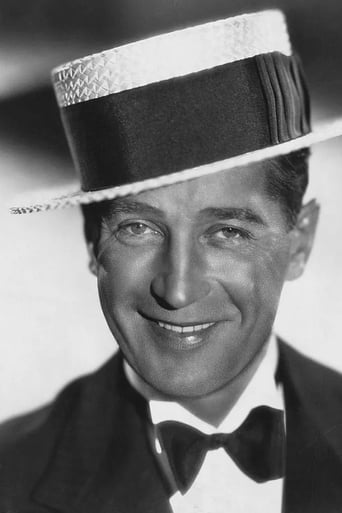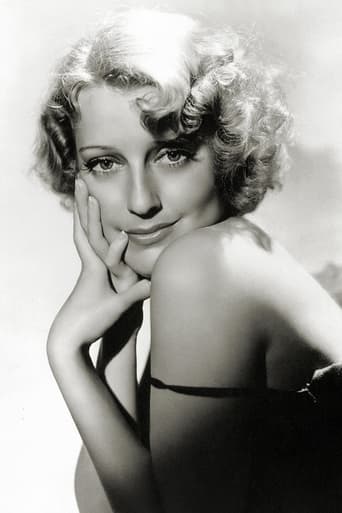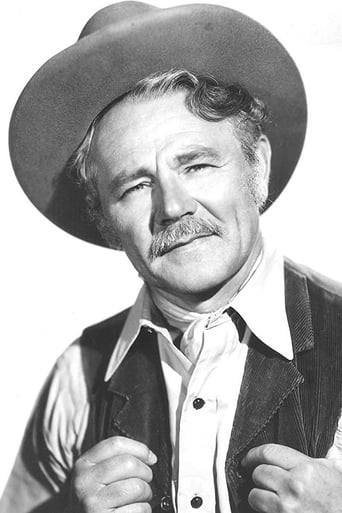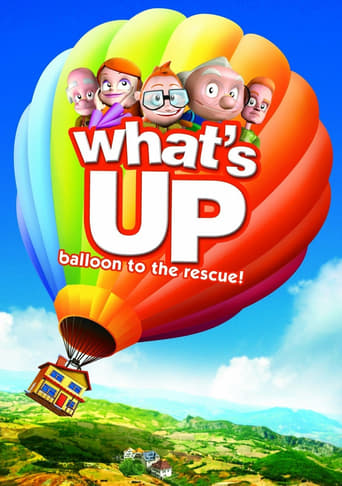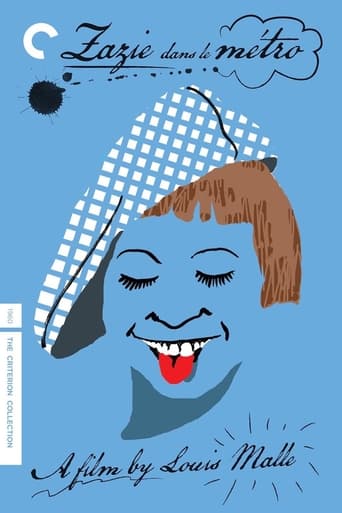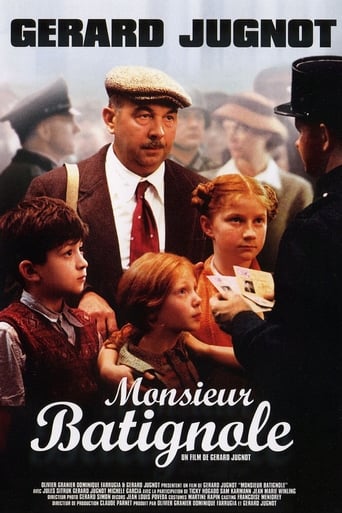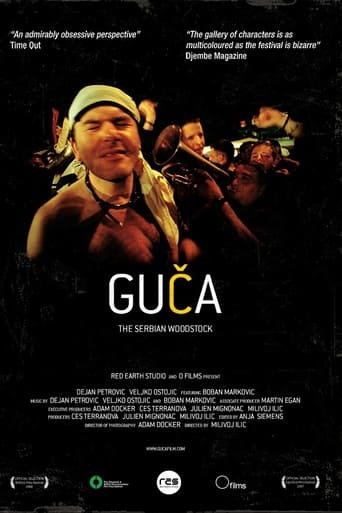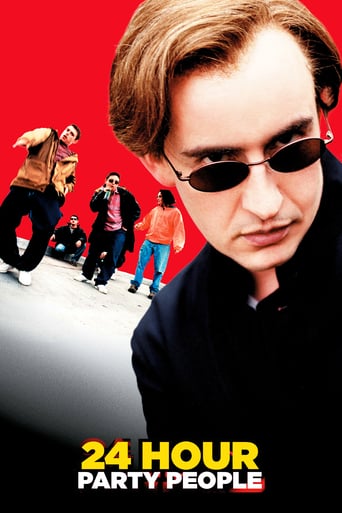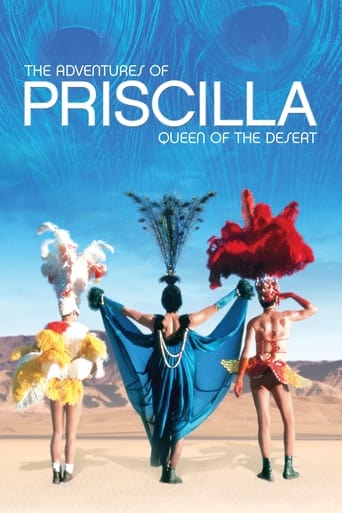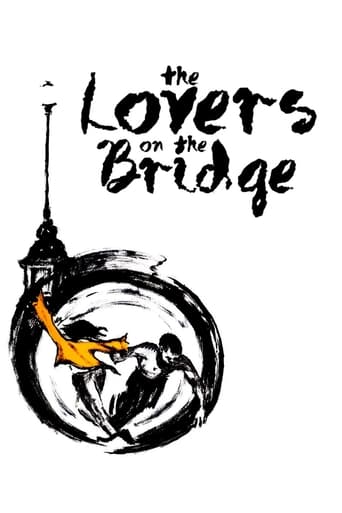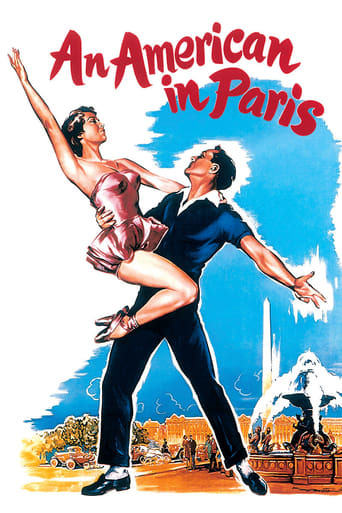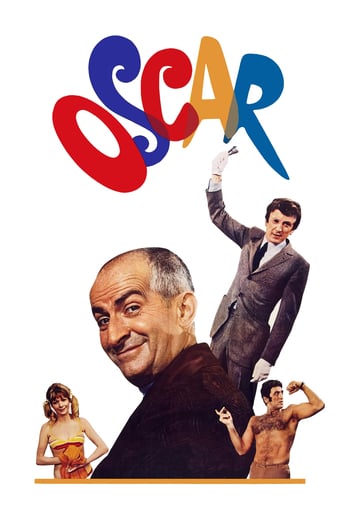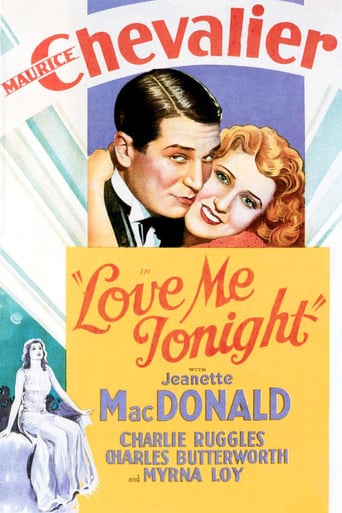
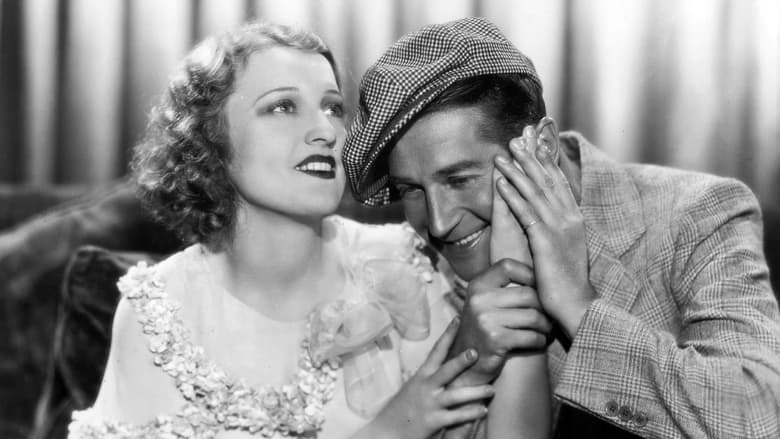
Love Me Tonight (1932)
A Parisian tailor finds himself posing as a baron in order to collect a sizeable bill from an aristocrat, only to fall in love with an aloof young princess.
Watch Trailer
Cast
Similar titles
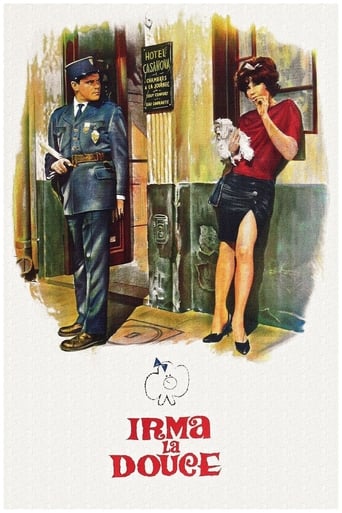
Reviews
everything you have heard about this movie is true.
Pretty good movie overall. First half was nothing special but it got better as it went along.
Good films always raise compelling questions, whether the format is fiction or documentary fact.
This is one of the best movies I’ve seen in a very long time. You have to go and see this on the big screen.
'Love Me Tonight' is a charming and funny musical, starring Maurice Chevalier as a Parisian tailor who eventually meets and falls in love with a rich Princess played by Jeannette MacDonald. They're both strong and the cast includes the incomparable Myrna Loy in her first 'non-exotic' role, as well as C. Aubrey Smith as the Duke. All of the minor roles are well utilized, including three old ladies who chatter and gossip as they sew and try to cast spells ala the three witches in Macbeth (albeit good spells for the health of the Princess). The musical numbers are entertaining, the best of which is 'Isn't It Romantic?' sung early on by Chevalier, with the tune picked up by one of his customers as he heads out the door, passed along to a taxi driver and his fare, then by a group of soldiers who march, to a gypsy who plays it on a violin, and heard from a balcony by the Princess and sung by MacDonald. It's quite enchanting, and a tune which may stick in your head for awhile afterwards. 'The Son of a Gun Is Nothing But a Tailor' is also nicely performed, and seems years ahead of its time. The movie is chock full of nice touches, from the morning scenes and the 'music of the street' which open the movie, to Chevalier getting on a rambunctious horse for a hunt but then later protecting a deer, to the various witty lines and double entendres which pepper the script. Well done, and a nice (musical) romantic-comedy 1932-style.
That is not to knock The Love Parade, One Hour With You and The Merry Widow(Merry Widow is an extremely close second) because they are all excellent too. But while it may lack the Lubitsch touch or be as ground-breaking as The Love Parade(though Love Me Tonight is still influential when it comes to musicals), Love Me Tonight just struck me as being tinsy bit better, the quality between the four films though is very close though. It is elegantly shot with some very clever camera work in Sonofagun is Nothing But a Tailor and with an Expressionistic touch in places and has very sumptuous set and costume design. Rodgers and Hart's score and songs are just sublime, some of their best work, Isn't It Romantic? is irresistibly beautiful and inventively choreographed. The script is often hilarious and filled with sophisticated charm and witty rhymes with some of the dialogue refreshingly ahead of its time, particularly noteworthy is Myrna Loy's pre-censorship response to "could you go for a doctor?". The story is immensely charming, warm-hearted and never with a dull moment, doing very cleverly to avoid becoming stage-bound or contrived with a story that in different hands could easily have been. The choreography is done with much poise and invention and while no Lubitsch(one of the primary reasons why The Love Parade really broke ground, and he had a style of his own) the direction still has great technical skill and plenty of class with some clever touches. Maurice Chevalier has great comic timing, is very natural on screen and has unsurpassed joie-de-vivre and Jeanette MacDonald proves to be a perfect partner for him in a beguilingly acted and sung performance. The supporting roles are very well-taken, special mention going to the uproarious turn of Myrna Loy, and no it's not just for that pre-censorship response or her delivery of it. Overall, really wonderful and the best of the already incredibly high-standard Chevalier and MacDonald outings. 10/10 Bethany Cox
It is generally supposed that the most important development in the screen musical was the move from the dance and showcase material of the 30s to the "integrated" musicals that came to dominate in the 40s and 50s – that is, broadly speaking, ones in which the musical numbers made sense within the context of the story. However, this integrated form of musical predates the talkie, having its origins in the stage operetta form, and many of the earliest screen musicals going back to 1929's The Love Parade were of the integrated sort. No, the really important development going on was the move from presentational musicals, where the numbers were shot as simply as dialogue scenes, to one where the rhythms and techniques of cinema were in harmony with the music.To begin with, Love Me Tonight was always going to be a good candidate for the first fully musical Musical. Rodgers and Hart, themselves veteran stage show writers, were here invited by producer-director Rouben Mamoulian to write not only the songs but also the incidental music – something which was standard for Broadway but unheard of for a screen production. Thus every musical moment seems to flow out of the songs. And Hart's lyrics were not the most insightful or memorable around, but they were incredibly sensitive to the rhythms of Rodgers's music, often featuring multiple rhymes within lines, such as "A custom tailor who has no custom/is like a sailor, no one will trust 'em" The rhyming carries through into the dialogue, with lines like "1000 francs" echoed by "a thousand thanks".And then we come to Mamoulian's direction. In the handful of pictures this former theatre director had made so far he had shown absolutely no grasp of standard cinematic form, drowning his work in an excess of pointless and flashy cinematic technique, which overshadowed the dramatic weight of the stories. However, musicals by their very nature take place in a world in which the conventional rules have already been broken. It is therefore not only acceptable to make the camera-work more flamboyant, it is of positive benefit. Mamoulian's flowing tracking shots, snappy edits and into-the-camera gazes, such a nuisance in his serious pictures, now perfectly compliment the light rhythmic feel of the musical. What's more they create an impression of a world in which it seems natural for characters to burst into song.And it's not just Mamoulian's stylisation which is ideally suited to this material. This is perhaps of all his pictures the one where Maurice Chevalier seems most at home. He was after all a caricature with only one persona, and it seems much more like that persona to be in flat cap and polo-neck than some tie-and-tails aristocrat. And while I would never begrudge an appearance by the eternally lovable C. Aubrey Smith, the character he plays here is more than any other suited to his blustering hamminess.Love Me Tonight represents the peak of a process which began with the Ernst Lubitsch musicals, Rene Clair's urban fantasies and, of course, the Disney cartoons. It is the complete acknowledgement of the fact that musicals take place in an artificial world, to revel in that fact and truly allow music and narrative to intertwine. However the public had had something of a glut of musicals since the dawn of the talkies, and Love Me Tonight was a flop. The idea of making musicals rhythmic in their presentation as Mamoulian does would be toyed with once or twice by others, but not really become standard until the arrival of Vincente Minnelli a decade later. Minnelli's style was far more delicate and subtle than Mamoulian's extravagance, but of course by that time musicals would be more serious and dramatic. For the lightweight comedy musicals of the 30s, Mamoulian could not have done much better.
At first glance, this will be a waste of time for you, if you are like me. Its an early musical, about a particularly vapid sort of love, and featuring the most repellent of French values. It has actors that generally are weak, and songs that never mattered.But its wonderful, because it is wonderfully constructed. It is in fact one of the first films to enhance the vocabulary of the camera by allowing it to move in a way that through edits is orchestrated. It doesn't yet have curiosity or intent. Its purely without emotion or meaning, something that would be impossible today. Today, no camera movement or perspective can be used without carrying an association. Here, it is allowed to just be decorative.The movie's story is about a man whose entire focus is dressing, who fails in love with a woman at first glance because of her appearance. You will fall in love with this because of its appearance, in fact precisely because it has no inner soul. Its pure cinema in ways that Brakhage never could know.Ted's Evaluation -- 2 of 3: Has some interesting elements.
